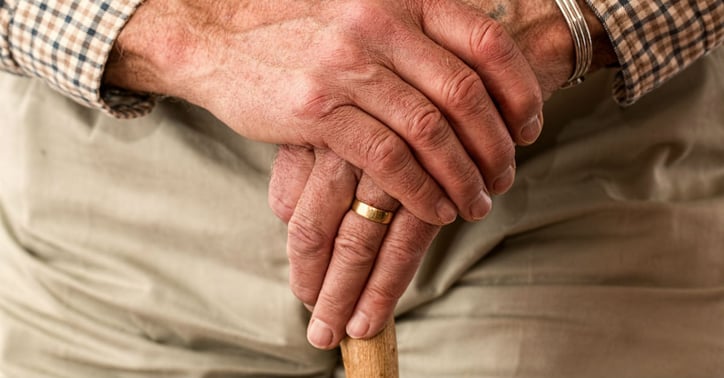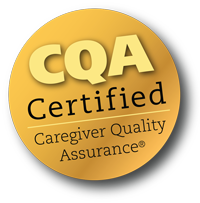
For the elderly, falling down can be devastating. Older people are at far greater risk of broken
bones, concussions, internal bleeding and even death after a fall. There are other factors that are cause for concern following a fall, like surgical complications due to injuries, hospital stay infections and a permanent lack of mobility.
Falls in the elderly are scary, but they are also preventable. Be prepared for those moments when your loved on is at the greatest risk of falling. Here are five of the most common causes of falling in the elderly:
Chronic Conditions
Some of the chronic conditions that are common among the elderly also contribute to dizziness and fainting. These might include low blood pressure, heart disease, arthritis and dementia, but that’s only a small portion of the total list.
Many of the conditions people can suffer from can also contribute to dizziness and a lack of coordination. Talk with your loved one’s doctor to find out if their condition might contribute to falling.
Impairment
Sensory impairment can also make the elderly more susceptible to falling. Visual and audible impairment can hinder their ability to detect objects around them or hear if someone calls for them to stop.
Muscle and joint stiffness can make activities like going up stairs or sitting down more challenging.
Lack of Physical Activity
Contrary to popular belief, sitting down and remaining sedentary does not prevent falls. Your loved one may be standing up less, but those moments when they are up walking around, they are actually more prone to falls.
Physical activity is an important component of fall prevention. It increases strength and range of motion, which both reduce the risk of falling. It’s never too late to implement some kind of exercise regiment, and it can even be a fun, social activity for your loved one.
Medication
As someone ages, they are likelier to need multiple medications to manage their condition. It’s important to be aware of the side effects of these medications and how they interact with each other. Some medications can cause dizziness and confusion, which can contribute to a fall. Diuretics and blood pressure medication can also lead to fainting and dizzy spells.
Talk to a doctor about what side effects to expect with each medication your loved one will be taking.
Home Activities
According to the National Council on Aging, more than half of all falls happen at home. Look out for potential hazards like wet floors, unsecured rugs, stairs and cupboards that are difficult for an older person to reach. There are some simple modifications that can help your loved one cope better at home, like adding rails and clearing clutter.
You also might need to help your loved one with extra support. Home health care services can aid them with daily tasks and activities that have become too challenging, while offering the peace of mind of someone being there to assist.
Talk to your loved one about their own concerns and find out what kind of support would be best for their situation.




















